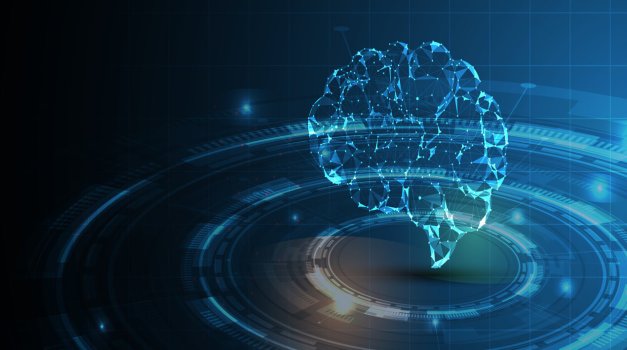The U.S. Department of Energy (DOE) advanced Computational and Data Infrastructures (CDIs) – such as supercomputers, edge systems at experimental facilities, massive data storage, and high-speed networks – are brought to bear to solve the nation’s most pressing scientific problems.
The problems include assisting in astrophysics research, delivering new materials, designing new drugs, creating more efficient engines and turbines, and making more accurate and timely weather forecasts and climate change predictions.
Increasingly, computational science campaigns are leveraging distributed, heterogeneous scientific infrastructures that span multiple locations connected by high-performance networks, resulting in scientific data being pulled from instruments to computing, storage, and visualization facilities.
However, since these federated services infrastructures tend to be complex and managed by different organizations, domains, and communities, both the operators of the infrastructures and the scientists that use them have limited global visibility, which results in an incomplete understanding of the behavior of the entire set of resources that science workflows span.
Continue reading: https://opengovasia.com/leveraging-artificial-intelligence-and-machine-learning-to-solve-scientific-problems-in-the-u-s/
The problems include assisting in astrophysics research, delivering new materials, designing new drugs, creating more efficient engines and turbines, and making more accurate and timely weather forecasts and climate change predictions.
Increasingly, computational science campaigns are leveraging distributed, heterogeneous scientific infrastructures that span multiple locations connected by high-performance networks, resulting in scientific data being pulled from instruments to computing, storage, and visualization facilities.
However, since these federated services infrastructures tend to be complex and managed by different organizations, domains, and communities, both the operators of the infrastructures and the scientists that use them have limited global visibility, which results in an incomplete understanding of the behavior of the entire set of resources that science workflows span.
Continue reading: https://opengovasia.com/leveraging-artificial-intelligence-and-machine-learning-to-solve-scientific-problems-in-the-u-s/

